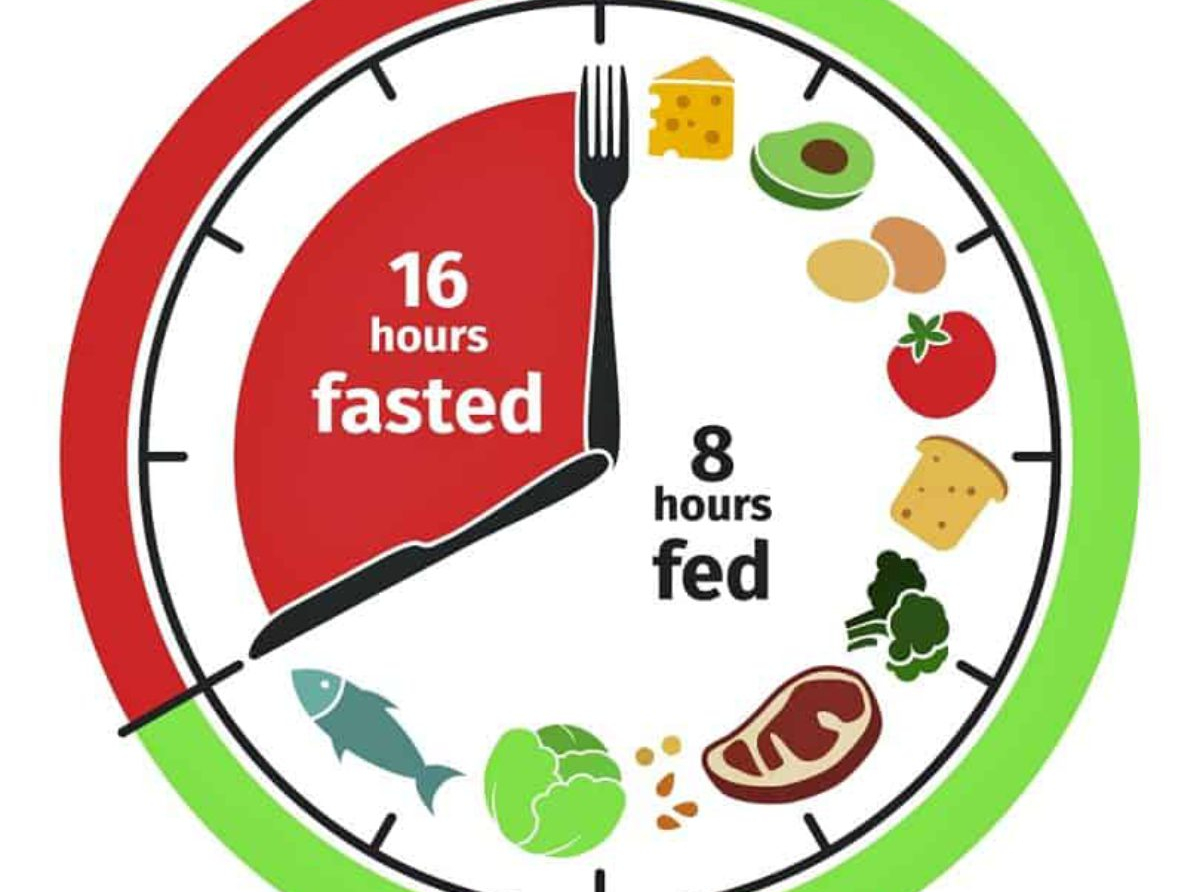Title: Fasting
Category: philosophy
Key words: Ramadan, fasting ,religious ceremony ,iftar
Fasting and abstaining from eating and drinking during the holy month of Ramadan can affect the health of all organs and systems of the body, including the heart, kidneys, and especially the digestive system. According to religious teachings, during the holy month of Ramadan, by fasting and abstaining from food and water during certain hours of the day, the digestive system physiologically changes its function and the body must adapt to the current conditions. Fasting is the act of intentionally abstaining from food and drinking from the time of the call to prayer (zuhr) until the call to prayer (maghreb). This act is a religious practice in which believers fast to get closer to God and to prepare themselves for religious ceremonies. Most people fast to fulfill their religious and religious duties and do not know the effects of fasting on their health. If fasting is accompanied by medical advice, it can reduce blood sugar, blood pressure, blood lipids, and eliminate toxins from the body.
Changing physiological conditions and the need for the body to adapt to new conditions can lead to a re-regulation of the intestinal flora, meaning that microbes that exist symbiotically in the human body help produce energy and absorb nutrients in the body. This re-regulation, along with the body's mental and spiritual peace, can lead to the resolution of many functional disorders of the digestive system, including irritable bowel disease, and solve many of the individual's problems, including abdominal bloating and diffuse abdominal pain. fasting and reducing daily food intake, if done appropriately during these days and according to scientific nutritional guidelines during the holy month of Ramadan, can help treat fatty liver.
People with severe intestinal inflammation, cirrhosis or liver failure, or active peptic ulcers are among these patients who are not allowed to fast. It is essential to observe a series of nutritional principles and behavioral etiquette to maintain the health of the body and digestive system during the holy month of Ramadan. He said: The pre-dawn meal should be a simple meal and should not include salty, spicy, or fatty foods. A fasting person should reduce their unnecessary activities during the daytime, especially in the summer, and avoid exposure to direct sunlight to avoid dehydration. After the Maghrib prayer and during Iftar, it is also better to first consume some light drinks and liquids with simple sugars, and after half an hour to three quarters of an hour after the body's thirst has subsided, the food for the Iftar meal should be eaten. High-fat and fried foods, especially during the pre-dawn meal, can lead to thirst throughout the day. Excessive consumption of salt, salty foods and spicy foods also increase thirst in a fasting person and should be avoided. Fried foods that are slower to leave the stomach, spicy foods, strong coffee and tea, carbonated drinks, substances such as mint, chocolate, spices, and smoking can cause heartburn in fasting people.
Drinking sufficient amounts of water and fluids and increasing your intake of dietary fiber sources such as fruit and salad during iftar, and after iftar meals helps to retain water and have natural bowel movements during Ramadan, reducing the time it takes for substances to pass through the digestive tract and preventing constipation and bloating.
Translator: Faeghe Ebrhimpour

 En
En  Fa
Fa 